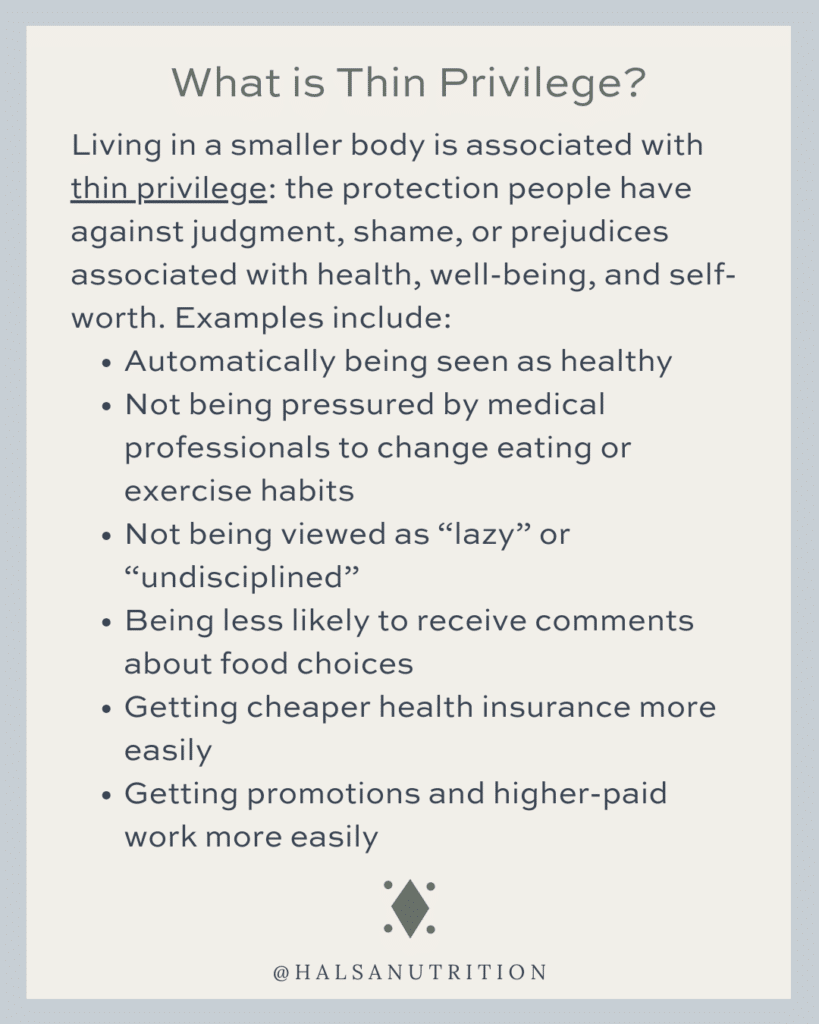
What to know about weight loss drugs like Ozempic and Saxenda
Estimated reading time: 5 minutes
by Kourtney Johnson, RD, LD
It seems like Ozempic and Saxenda–medications originally intended to treat diabetes–are now seen as the best weight loss methods. You’ve probably heard both success stories and those that aren’t so great, for instance, Sharon Osborne’s experience taking one of these drugs. Even though lots of people do seem to tout the benefits of these medications, here’s what you should know.
How do Medications Like Ozempic and Saxenda work?
Prescription drugs like Wegovy, Ozempic, and Saxenda are GLP-1 agonists, originally developed to treat type 2 diabetes. Research shows this class of medications works by slowing down the rate at which your stomach empties. With food in your stomach for a longer amount of time, you feel fuller and eat less. These medications also impact areas of your brain associated with hunger and satiety.
If you take these prescription drugs when you have diabetes, they help manage your blood sugar by prompting your pancreas to release more insulin.
What are the Side Effects of These Medications?
Every medicine has side effects, and GLP-1 agonists are no exception. The most common side effects of medications like Ozempic and Saxenda include:
- Loss of appetite
- Nausea
- Vomiting
- Diarrhea
These are most likely to occur when you’re starting the medicine or increasing your dose.
Other side effects include:
- Dizziness
- Headaches
- Pancreatitis
- Acute kidney injury
Note that the last two are more rare.
Nutrition and Weight Loss Medications
Prioritizing nutrition becomes more important when you are taking these weight-loss medications. Your lowered appetite will result in taking in fewer total calories, so nutrition quality becomes more vital. There’s also a risk of muscle loss, but including more protein-rich foods along with regular strength training may help minimize this side effect.

How Long Does Weight Loss Last After Stopping Medications Like Ozempic and Saxenda?
One study looked at what happens when people stop taking semaglutide medications such as Ozempic and Wegovy. It found that you’re likely to regain the weight, with study participants regaining two-thirds of what they lost within a year of stopping the medicine.
You might be wondering why people would want to take these medications if there can be extreme side effects and the weight loss doesn’t last.
The truth is, taking medication like Ozempic and Saxenda is the same as doing a diet program like WW (Weight Watchers). The results aren’t likely to last, and there can be consequences to participating, but the promise of weight loss is appealing.
We know that living in a smaller body is associated with thin privilege, which is the protection people have against judgment, shame, or prejudices associated with health, well-being, and self-worth. Examples of thin privilege include:
- Automatically being seen as healthy
- Not being pressured by medical professionals to change eating or exercise habits
- Not being viewed as “lazy” or “undisciplined”
- Being less likely to receive comments about food choices
- Getting cheaper health insurance more easily
- Getting promotions and higher-paid work more easily
Knowing this, it’s understandable that people might turn to prescription drugs like Ozempic and Saxenda, especially when they are such a hot topic right now and seen as effective. It’s important to have compassion, whether it’s your friend, family member, or coworker who takes these medications.

How Does a Weight-Inclusive Approach Fit Into This?
By now you probably realize we live in a world that isn’t weight-inclusive. Here is how Registered Dietitian and author Alissa Rumsey defines “weight-inclusive” in her book “Unapologetic Eating”:
“An approach to health and well-being that does not focus on weight or weight reduction as a prerequisite for or measure of health and instead views health as multifaceted. Specific weights and body mass indexes are not idealized and pathologized. A weight-inclusive approach acknowledges that weight is not a behavior, but rather an outcome over which a person has very little control…”
This approach entails going against the norm and practicing weight inclusivity for yourself and those around you. While this type of approach brings freedom from food anxiety, can help improve body image, and allows you to focus on health-promoting behaviors, it can also feel lonely because it isn’t typical.
That’s why having someone in your corner who understands your desire to give up dieting while also listening to and guiding you is so helpful. Consider working with a registered dietitian with training in Intuitive Eating and Health at Every Size®. Another place where you can find support is on social media, specifically in Facebook groups.
Next Steps
If you want to learn more about working with Maria, schedule a free call! You’ll chat about your current challenges and goals in addition to Maria’s approach to nutrition counseling. After that, you’ll be able to decide how you want to move forward! You can schedule the call here.
Other Posts You Might Like
- HAES – A Better Approach to Health and Weight
- Letting Go of the Diet Mentality
- What Started the Intuitive Eating Movement?
- Why You Should Skip the Diet this Year (and Every Year)
About the Author
Kourtney is a registered dietitian who is passionate about sharing information related to intuitive eating and the harms of diet culture. She is from Minnesota but now lives in Spain, where she enjoys trying new foods and learning more about the culture there! In her free time, she likes to read, go to the beach, spend time with friends and family, and travel.
This article was edited and reviewed by Maria Adams, MS, MPH, RDN, LDN, a registered dietitian and Certified Intuitive Eating Counselor. Maria takes a weight-inclusive approach and helps individuals rediscover the joy of food by helping them heal from chronic dieting and disordered eating. She holds a Bachelor of Science Degree in Nutrition Science, a Master of Science in Nutrition Communication, and a Master of Public Health.
Leave a Reply